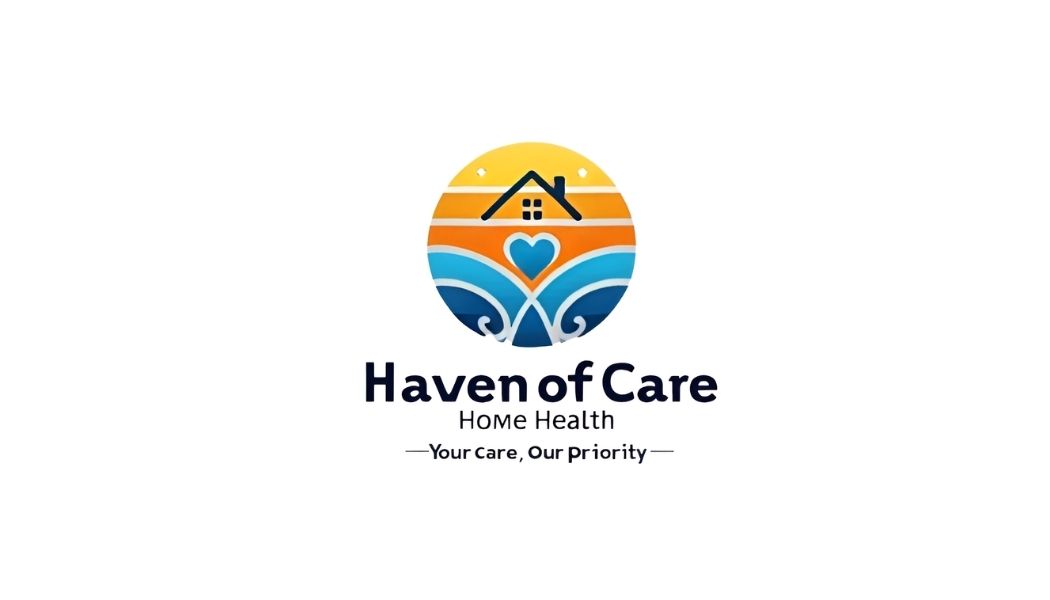When it comes to home care, relationships, trust and effective communication are the cornerstones of success. Whether you’re a caregiver providing support, a family member entrusting your loved one’s care, or a care recipient seeking assistance, fostering solid bonds built on trust and open communication is essential. Here are some strategies to cultivate these vital aspects of home care relationships:
Trust & Communication: Home Care Essentials
- Establishing Clear Expectations
Transparency is critical to building trust and minimizing misunderstandings. From the outset, ensure that roles, responsibilities, and expectations are clearly defined and agreed upon by all parties involved. Open dialogue about preferences, routines, and care needs lays the foundation for a collaborative and harmonious caregiving experience.
- Active Listening
Effective communication goes beyond words—it requires active listening and empathy. Genuinely hearing and understanding the concerns, fears, and desires of care recipients and their families fosters a sense of validation and trust. Caregivers should make a conscious effort to listen attentively, validate feelings, and respond with compassion and respect, especially if they are providing dementia care in Indiana.
- Building Rapport
Building rapport is essential for creating a comfortable and trusting environment in home care relationships, mainly if you are providing homemaker services. Taking the time to get to know care recipients and their families on a personal level can strengthen bonds and enhance communication. Genuine interest, empathy, and shared experiences can help bridge the gap and foster mutual trust and understanding.
- Honesty and Integrity
Trust is fragile and easily broken, making honesty and integrity non-negotiable in home care relationships. Being honest about limitations, mistakes, and challenges demonstrates integrity and builds credibility. Caregivers should prioritize transparency, admit errors when they occur, and work collaboratively to find solutions.
- Regular Communication
Consistent communication is vital for maintaining trust and ensuring that care needs are met effectively. Regular updates, check-ins, and feedback sessions provide opportunities to address concerns, celebrate successes, and adjust care plans as needed. Caregivers should establish open channels of communication and encourage ongoing dialogue with care recipients and their families.
In conclusion, trust and communication are the bedrock of successful home care relationships. By embracing strategies such as clear expectations, active listening, rapport-building, honesty, and regular communication, caregivers, care recipients, and their families can cultivate strong bonds based on mutual respect, understanding, and trust.
As a provider of comprehensive home health care in Indianapolis, Indiana, we understand the importance of trust and effective communication in fostering meaningful relationships between caregivers, care recipients, and their families. If you’re seeking compassionate support, personalized care plans, and a commitment to open dialogue and transparency, HARMONY HAVEN is here to help.
